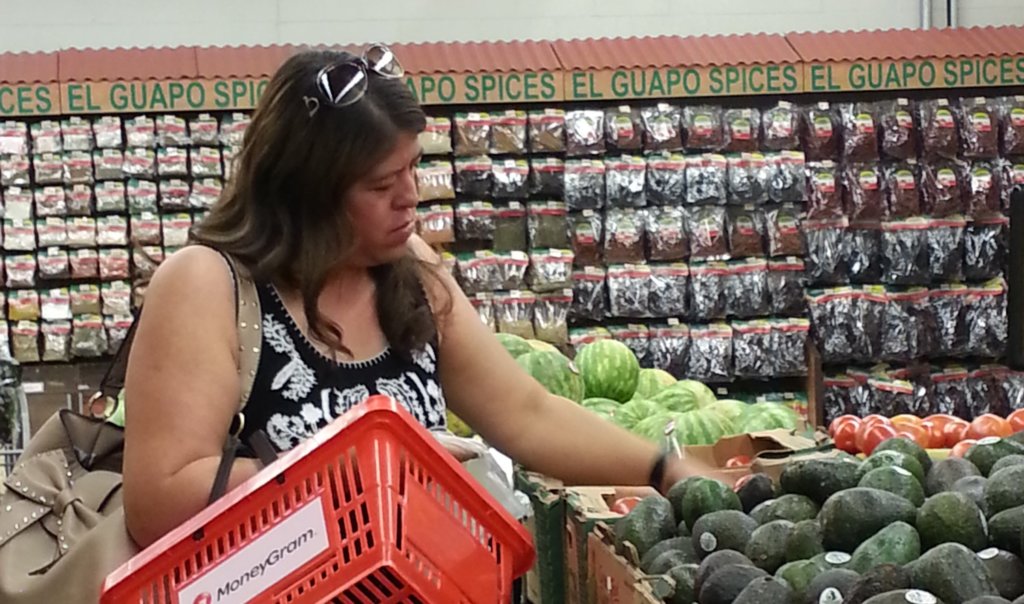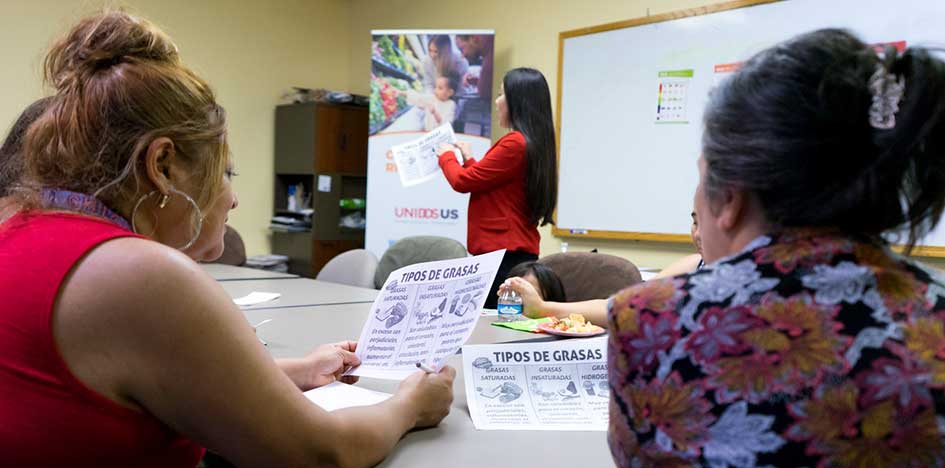The End of the School Year Doesn’t Mean the End of Good Nutrition
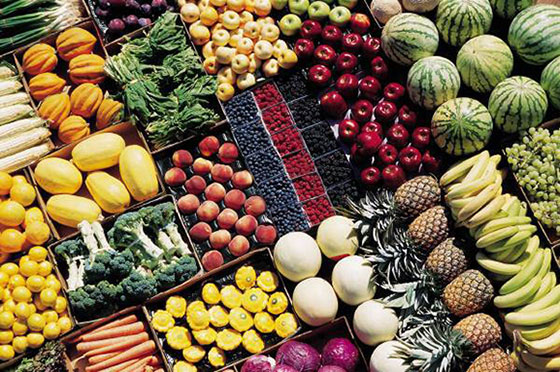 With the school year coming to an end, working parents must think of alternative plans for their children during summer vacation. This can be a challenging time for low-income families who need to replace the social and academic stimulation that school provides, as well as the free or reduced-cost meals for which their children qualify.
With the school year coming to an end, working parents must think of alternative plans for their children during summer vacation. This can be a challenging time for low-income families who need to replace the social and academic stimulation that school provides, as well as the free or reduced-cost meals for which their children qualify.
A school-based summer camp offering a summer meal program may be a good option for some families. The federally funded Summer Food Service Program (SFSP) covers the cost of healthy meals to children and teens (younger than 18 years of age) in low-income areas, primarily during the summer months. The meals provided through this program meet federal nutrition standards that include fruits and vegetables, milk, and key nutrients.
Poor nutrition during the summer months may contribute to lower performance in school, make children more prone to illness, and contribute to other health issues.
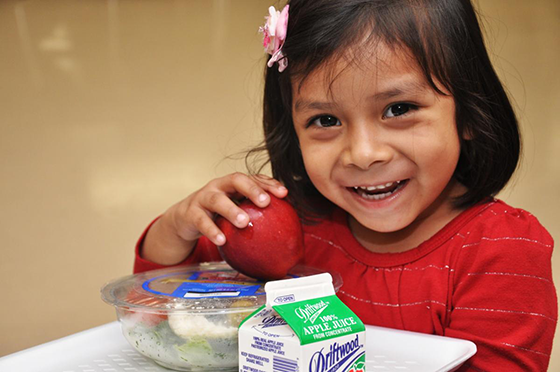 SFSP can help families ensure that their children eat healthy food during June, July, and August. Any child attending a school that provides breakfast and lunch can participate at the full-price, reduced-price, or free levels, depending on income. After-school and summer programs in low-income areas can receive funding to provide free meals to all children attending the school.
SFSP can help families ensure that their children eat healthy food during June, July, and August. Any child attending a school that provides breakfast and lunch can participate at the full-price, reduced-price, or free levels, depending on income. After-school and summer programs in low-income areas can receive funding to provide free meals to all children attending the school.
The benefits of these programs are many, yet currently they only serve a fraction of children who need access to healthy meals. The programs that run during the summer months reach only one in eight low-income children who qualify, and the School Breakfast Program reaches only half of those who receive school lunches. We can do better than this. There are steps we can take to build participation and make sure more children benefit from these nutrition programs.
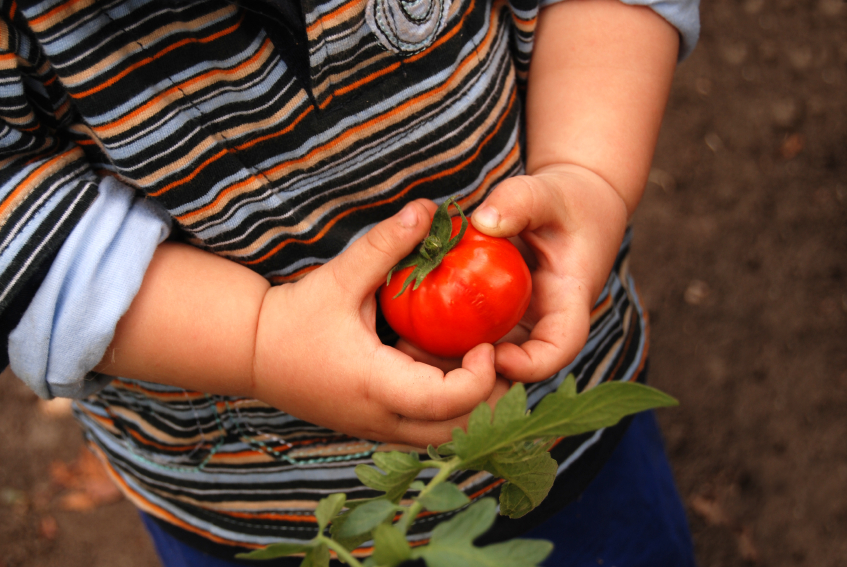 First, more after-school and summer programs need to participate in the nutrition programs. Typically, participation requirements are broad: eligible programs include those located in areas where 50 percent or more of children qualify for free or reduced-price school meals, and any school, local government agency, or private nonprofit that meets the eligibility requirements and can follow the program rules.
First, more after-school and summer programs need to participate in the nutrition programs. Typically, participation requirements are broad: eligible programs include those located in areas where 50 percent or more of children qualify for free or reduced-price school meals, and any school, local government agency, or private nonprofit that meets the eligibility requirements and can follow the program rules.
The Food Research and Action Center (FRAC) provides information and materials that can help organizations start and maintain successful summer programs. Other materials including application guidelines and forms can be found on the U.S. Department of Agriculture website.
NCLR works to improve nutrition in the Latino community by increasing access to federal food assistance programs, resources, and education that ensure families can meet at the dinner table for a healthy meal. Our work with FRAC promotes school breakfast, after-school, and summer meals to Latino communities throughout the United States. This partnership is supported by the ConAgra Foods Foundation and includes three other national partners: the Afterschool Alliance, the National Recreation and Park Association, and the National League of Cities.
